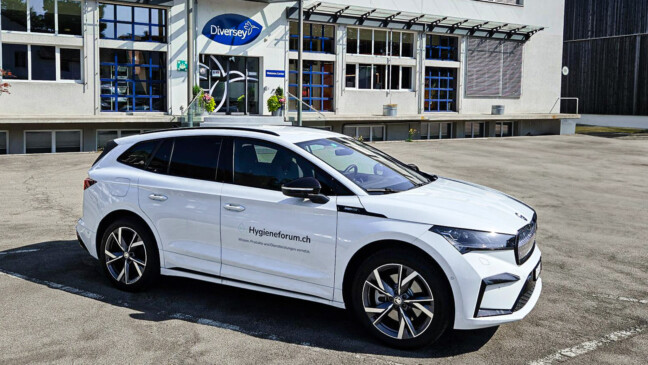
20.06.24
Interview with Philipp Trutmann – robotics expert from Kärcher
Philipp Trutmann, Key Account Manager at Kärcher Switzerland, talks about the importance and technological advances of cleaning robotics in the latest interview in our podcast. He also provides insights into the special challenges and opportunities of the Swiss market.
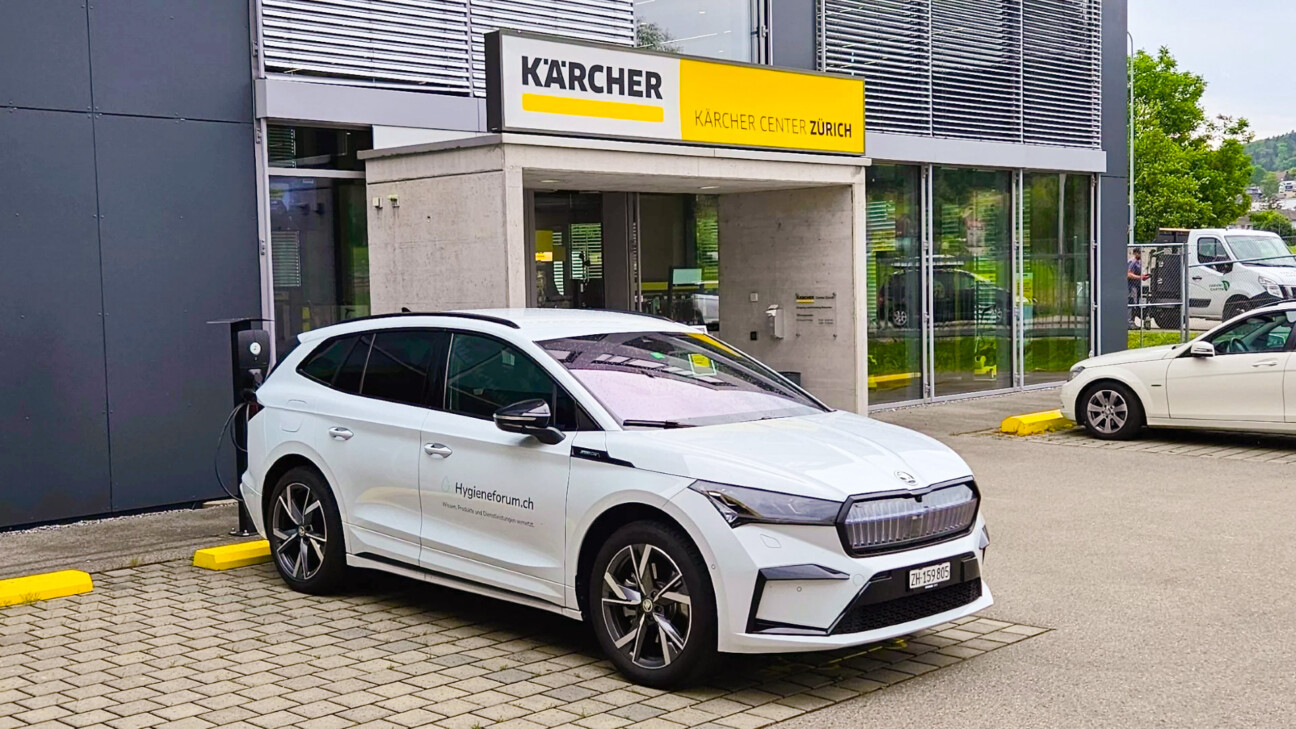
In this interview, Philipp Trutmann explains why cleaning robots are becoming increasingly important in high-tech countries like Switzerland. He talks about the potential applications and current limits of robotics as well as the particular challenges of the Swiss market. He also provides insights into the latest technological developments and future trends in cleaning robotics.
The video:
The interview:
Matthias Dürig: Hello Phil, thank you for being our expert in the field of cleaning robotics for our podcast. I am very pleased to be here today at Kärcher Switzerland in Dällikon for the interview. First, I would like to introduce you to our listeners.
Philipp Trutmann: Matthias, welcome in Dällikon. I am glad you are here with the Hygieneforum. My name is Philipp Trutmann. I have been with Kärcher since 2013 and lead the Key Account Management Professional, a team that takes care of the largest customers in Switzerland. For about a year and a half, I have also been handling Professional Robotics, which is the main reason why we are sitting together today. This is a small department that includes all of Kärcher’s professional robots. We already have two machines out and are continuously adding new robots.
Matthias Dürig: Thank you. I would like to start with the first question: Why should one rely on robotics in the cleaning sector?
Philipp Trutmann: The reason is simple: In highly industrialized, high-cost countries like Switzerland, we face increased cost pressure, especially in cleaning. An hour of an employee’s work is relatively expensive. Compared to emerging countries like India or China, we have completely different cost structures and high cost pressure here. We have the problem that cleaning service providers cannot find enough people in the market – there is a shortage of personnel. Then there is the optimization in the area of monotonous tasks, where robots can help. In the future, we will outsource simple, monotonous tasks to robots, while people will take care of the more demanding tasks.
Matthias Dürig: That fits very well with our second question, which you already touched on. Which areas can be effectively automated with robots today, and where might robots still be out of place?
Philipp Trutmann: Certainly, the simple tasks come first, such as large areas in industrial and logistics environments without much public traffic. These are the easiest applications we have already implemented in various ways. Toilet cleaning is certainly not the first area, although there are already videos circulating on LinkedIn. Our robot does not have arms, but that will probably come in the future.
Matthias Dürig: What machine sizes and types are primarily used in Switzerland?
Philipp Trutmann: It is a very dynamic market. By now, all manufacturers have at least one to two robots on the market, from very small to larger ride-on machines with large water volumes. In Switzerland, we mainly see medium-sized machines with 30 to 120 liters, which make the most sense for high area performance and sensible management. This compact size is what is mainly represented in the market.
Matthias Dürig: The Swiss environment is special with legal regulations and geographical conditions. Does this influence the development and use of cleaning robots?
Philipp Trutmann: Yes, in the industry, there are companies sensitive to data from their buildings. There are certifications that give the customer confidence that data stays on European servers and no images are released in visual quality. Safety certifications in interaction with people, such as in shopping centers or train stations, are also important. Accidents must be avoided to prevent unpleasant consequences for the company.
Matthias Dürig: Are there other noteworthy risks in the field of robotics?
Philipp Trutmann: Besides data protection and personal protection, there are no other major risks. It is important to rely on manufacturers that comply with EU safety certifications. This gives customers the assurance that nothing can happen in interactions with people, animals, or children.
Matthias Dürig: How do you handle user-friendliness, especially when users are tech-savvy or have fears?
Philipp Trutmann: We support the customers, make precise needs assessments, and integrate the robots specifically into the process. We design the mapping and go through the test phase to identify optimizations and unplanned obstacles.
Matthias Dürig: How do you proceed if users have trouble understanding the menu?
Philipp Trutmann: We have a service package with 24/7 monitoring by our robotics team in Germany. They can remotely control the robot or inform us if something has happened, and we can then react.
Matthias Dürig: What are the main differences between private and commercial cleaning robots?
Philipp Trutmann: The main differences lie in the size, area performance, and the sensors used. Professional devices have larger batteries, longer runtimes, and are designed for various types of flooring. Communication between robots in a building, like in a logistics environment, is also a big step forward.
Matthias Dürig: What role do sustainability and energy efficiency play in the development of new devices?
Philipp Trutmann: Sustainability is a very important topic. We optimize every step, from manufacturing to disposal. We also optimize the use of chemicals to use as little as possible and achieve the greatest impact.
Matthias Dürig: What groundbreaking feature could you imagine in a robot if everything were technically possible?
Philipp Trutmann: Ironically, toilet cleaning is one such topic. For that, you would need arms. Also, combined tasks like cleaning robots that scan products and do rolling inventory are exciting. The robot could also check air quality or control lights and windows.
Matthias Dürig: In conclusion: Would you like to say anything about potential new products from Kärcher or what is important to the company?
Philipp Trutmann: I would like to motivate potential customers to try robotics. It is important that we work with customers to develop and improve new things. Our robots are continuously getting better and smarter through software updates. This does not stand still but is constantly evolving.
Matthias Dürig: Thank you very much, Phil. I thank you on behalf of the Hygiene Forum team for your time and the exciting insights. I look forward to your developments and wish you continued success in your work.
Philipp Trutmann: Thank you, Matthias. Nice that you were here. You are always welcome to see what is new.
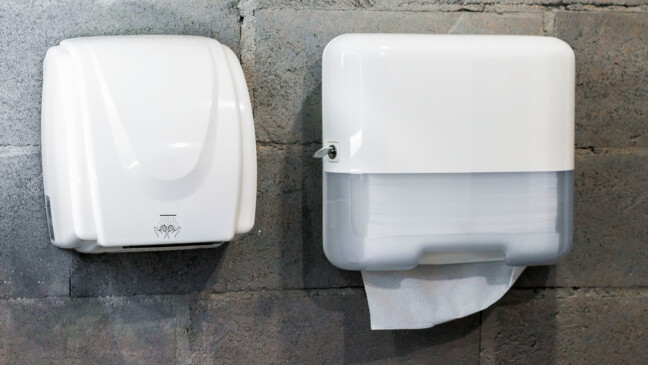
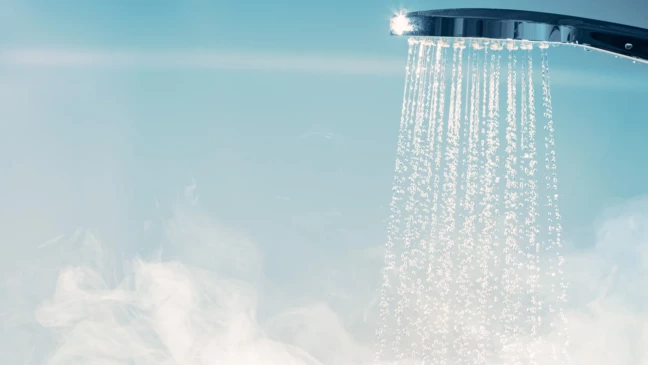
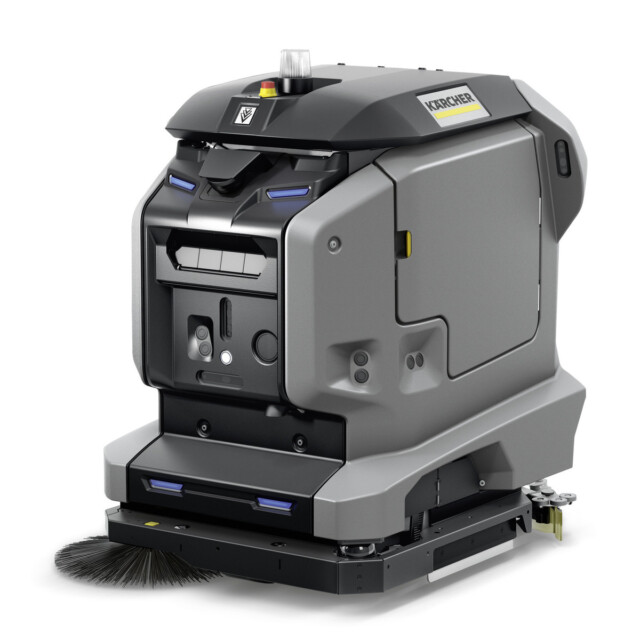
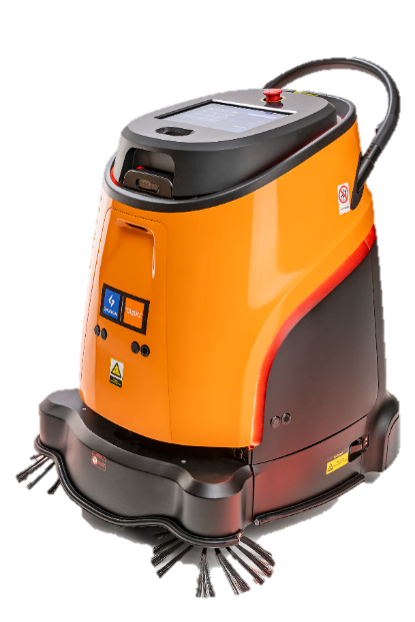
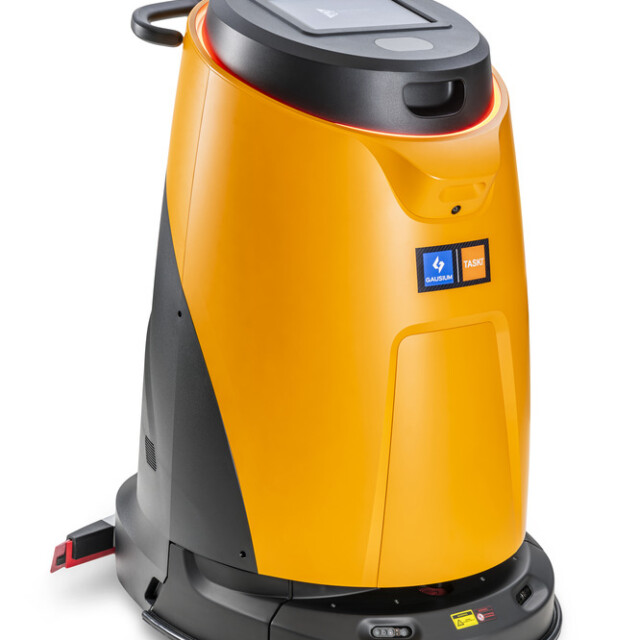
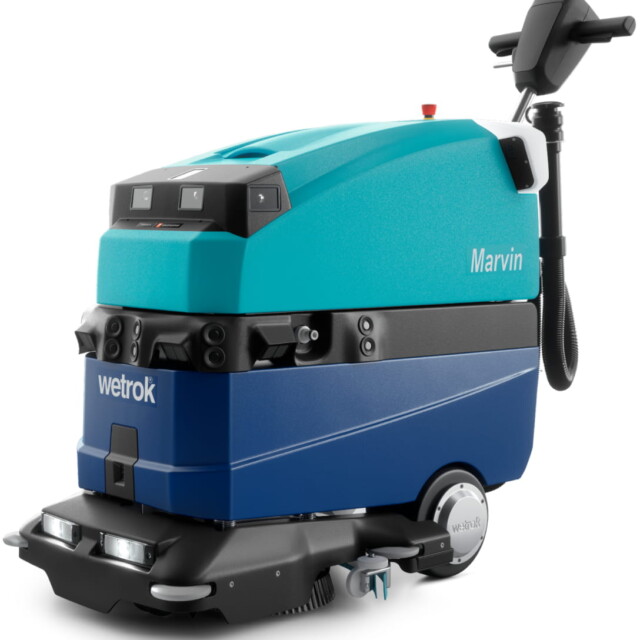
Tell us what you think
Be the first to comment this post.
You must be logged in to leave a comment.